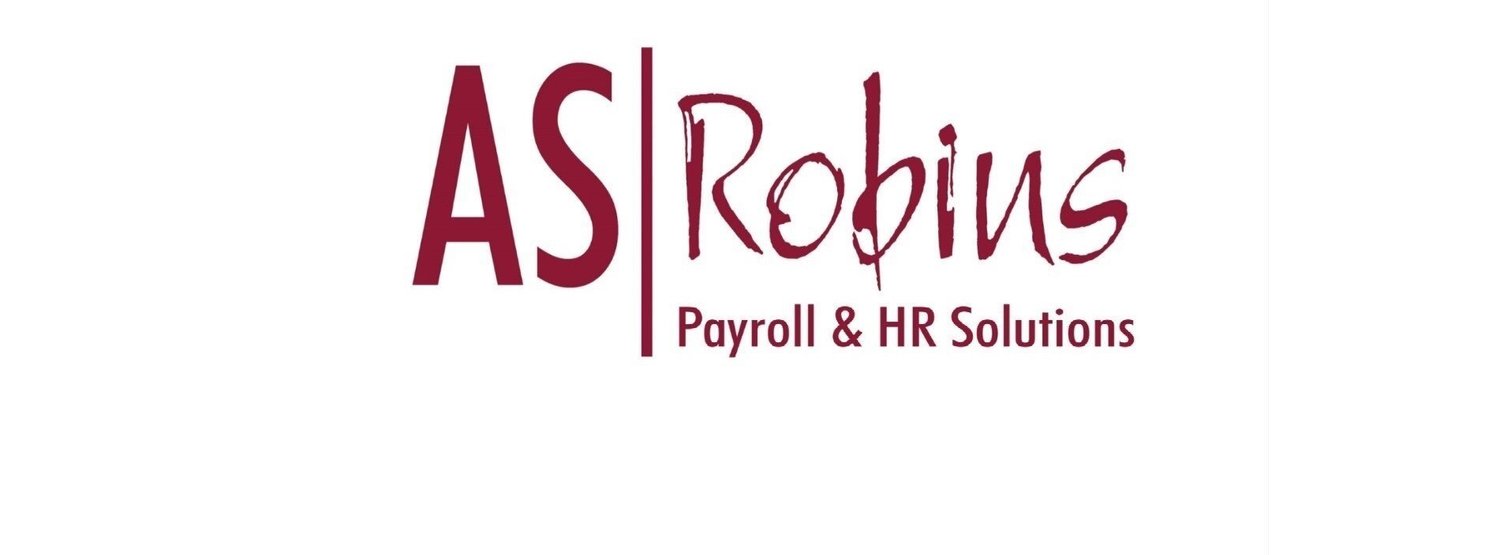National Minimum Wage checklist for new employers
Are you a new employer or planning to become one? If so, it is essential for you to be made aware of the different factors that often come to light when paying staff, in accordance with the laws concerning minimum wage. We have created a short summary below outlining the key fundamentals of the different aspects surrounding this topic:
Tips and Gratuities:
Tips and Gratuities do not count towards paying the minimum wage, regardless of whether they’re paid through payroll or are given to workers directly by customers or a tronc master.
Deductions for Work-Related Costs
Any deductions from pay for job-related items like uniforms or tools reduce pay for NMW purposes. These deductions could mean workers are underpaid.
Benefits in Kind and Accommodation
Benefits in kind (e.g., meals or transport) don’t count towards NMW, except for accommodation.
The "accommodation offset" allows a fixed daily amount to count towards pay for NMW.
Paying for All Work Time
Workers must be paid at least NMW for all time worked, including:
Time at work, even before or after shifts (e.g., handovers).
Business travel or training.
Being on-call near the workplace.
Apprentices
Apprentices must be paid at least £6.40/hour. If they’re 19+ and have completed their first year, they should get the NMW/NLW rate for their age.
Work Experience, Internships, and Trials
If individuals are classed as workers, they must be paid NMW for all hours worked, even during work experience or unpaid trial periods.
Record Keeping
Employers must keep NMW pay records for at least:
6 years (from 1 April 2021).
3 years (before 1 April 2021).
For more details, visit GOV.UK and search "calculating national minimum wage."

